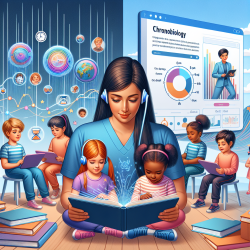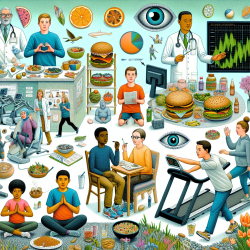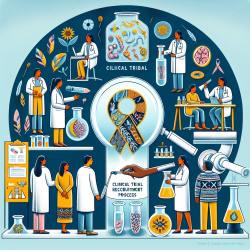Understanding the Impact of Child Tax Credit on Mental Health
The COVID-19 pandemic has brought about unprecedented challenges, particularly in the realm of mental health. The U.S. government's response included expanding the Child Tax Credit (CTC) as part of the American Rescue Plan Act of 2021. This expansion aimed to alleviate economic burdens on families, thereby potentially improving mental health outcomes. A recent study titled Child Tax Credit, Spending Patterns, and Mental Health: Mediation Analyses of Data from the U.S. Census Bureau’s Household Pulse Survey during COVID-19 explores this relationship in depth.
Key Findings of the Study
The study utilized data from the U.S. Census Bureau’s Household Pulse Survey, focusing on adult respondents who received the CTC between July 2021 and July 2022. The research aimed to understand how different spending patterns of the CTC mediated the relationship between receiving the credit and experiencing mental health issues such as anxiety and depression.
Key findings include:
- Spending CTC on basic necessities like food and housing significantly reduced anxiety and depression. The odds ratio for anxiety was mediated by 46% for food and 44% for housing.
- Expenditures on child education, such as childcare and school-related costs, also played a role, albeit to a lesser extent.
- Using the CTC for savings or investments was associated with increased anxiety, suggesting that immediate financial relief was more beneficial for mental health than long-term financial planning during the pandemic.
Implications for Practitioners
For practitioners in the field of mental health and special education, these findings underscore the importance of understanding the socioeconomic factors that influence mental health. Practitioners can improve their skills by:
- Encouraging clients to prioritize spending on immediate necessities to alleviate financial stress and improve mental health.
- Providing guidance on managing financial assistance effectively to maximize mental health benefits.
- Staying informed about policy changes and their potential impacts on clients’ mental health.
Encouraging Further Research
While the study provides valuable insights, it also opens avenues for further research. Practitioners are encouraged to explore:
- The long-term mental health impacts of CTC and similar financial assistance programs.
- The role of financial education in enhancing the mental health benefits of such programs.
- The differential impacts of CTC on various demographic groups to tailor interventions more effectively.
To read the original research paper, please follow this link: Child Tax Credit, Spending Patterns, and Mental Health: Mediation Analyses of Data from the U.S. Census Bureau’s Household Pulse Survey during COVID-19.










